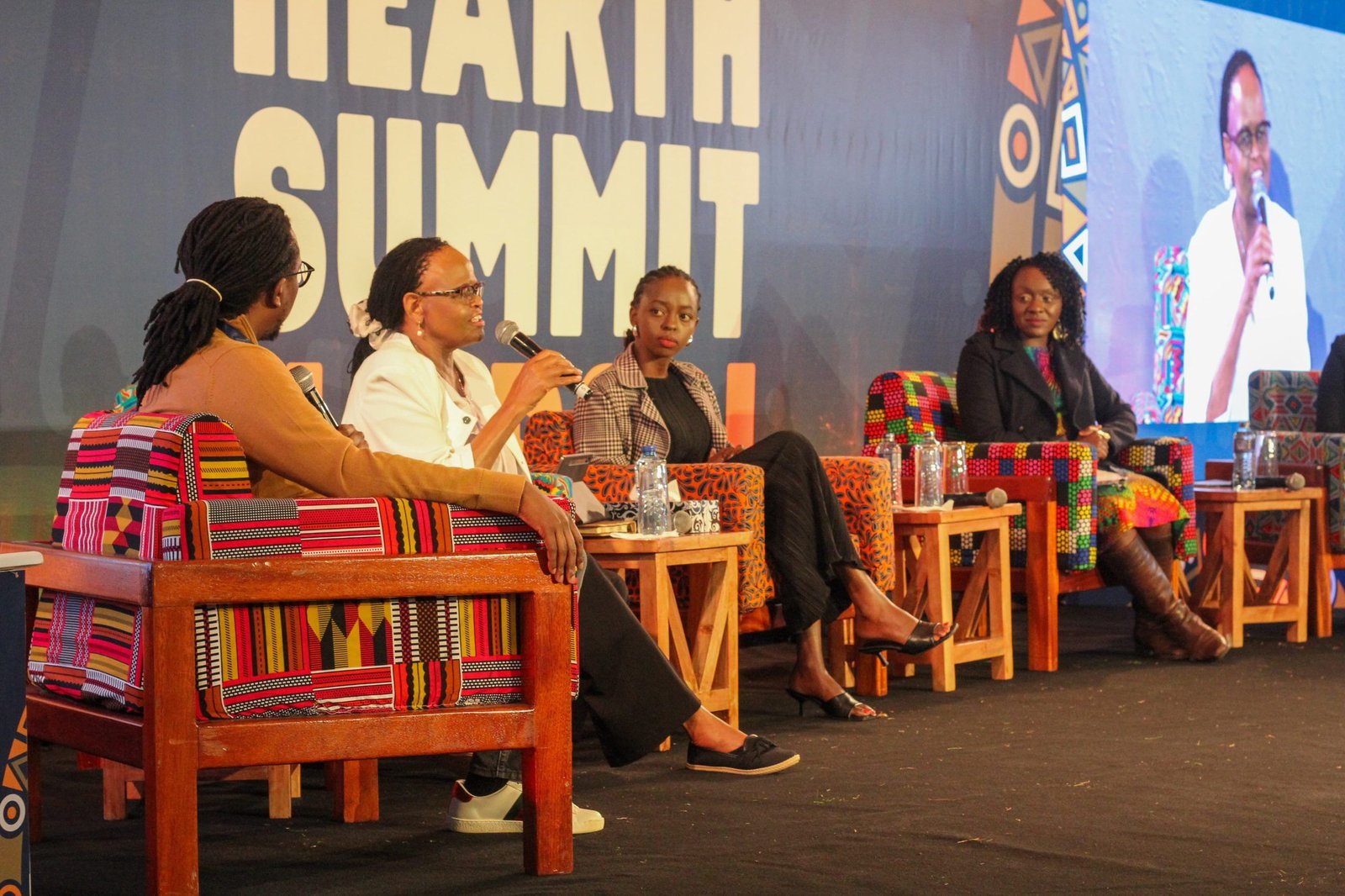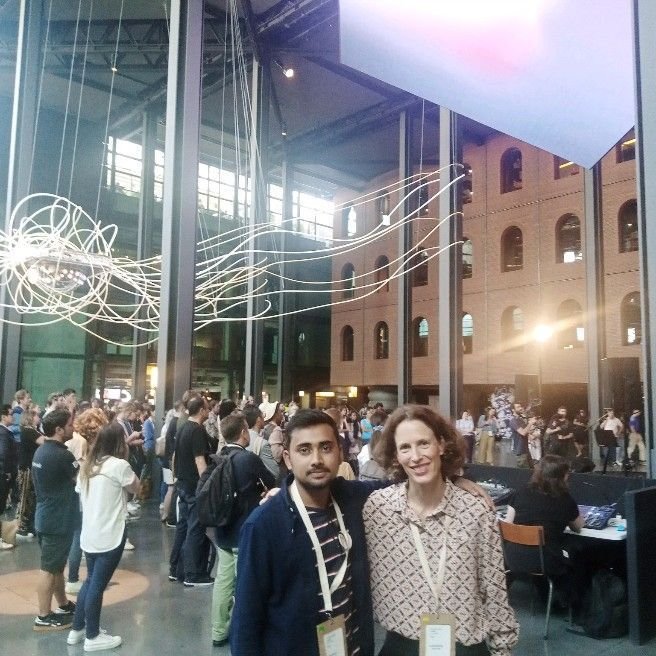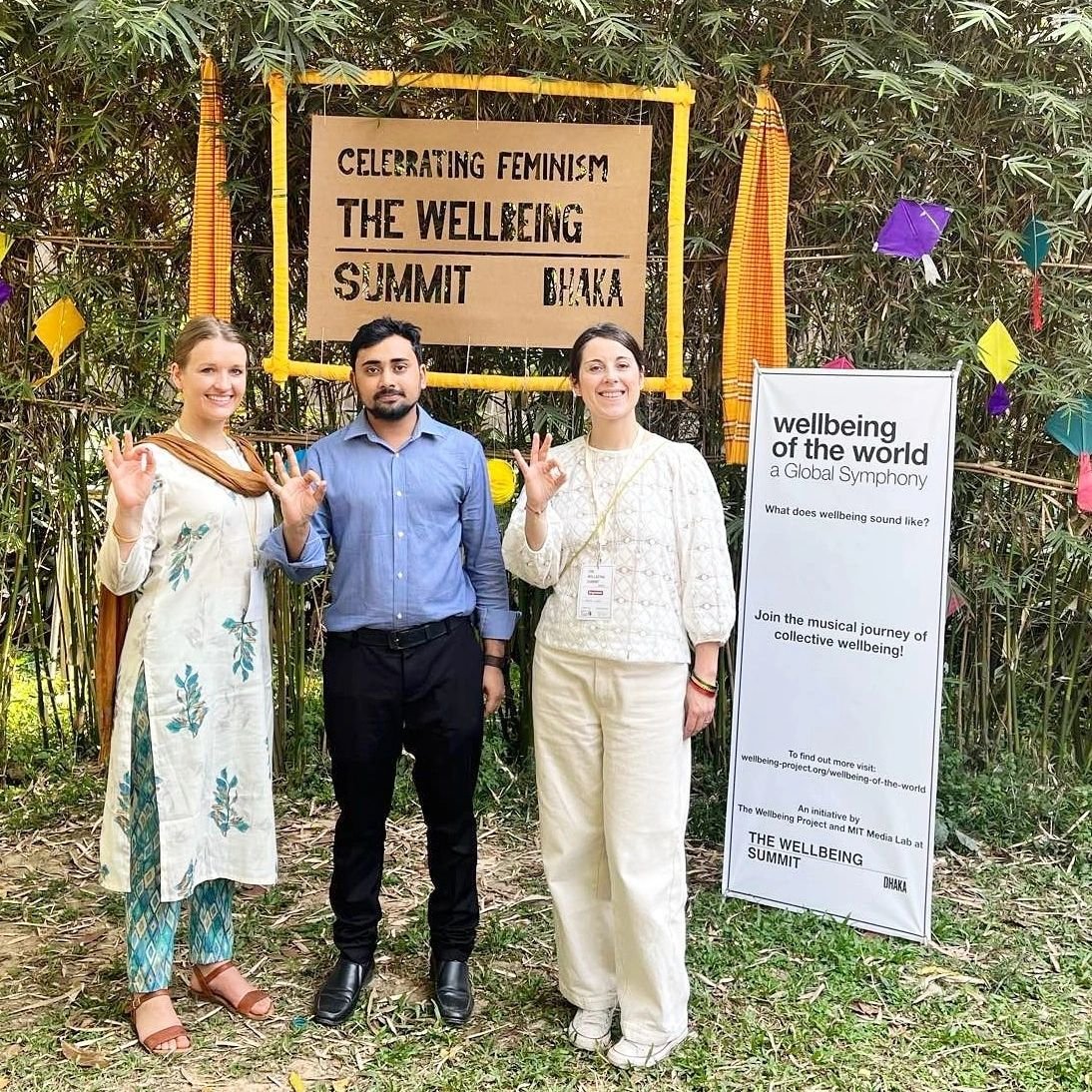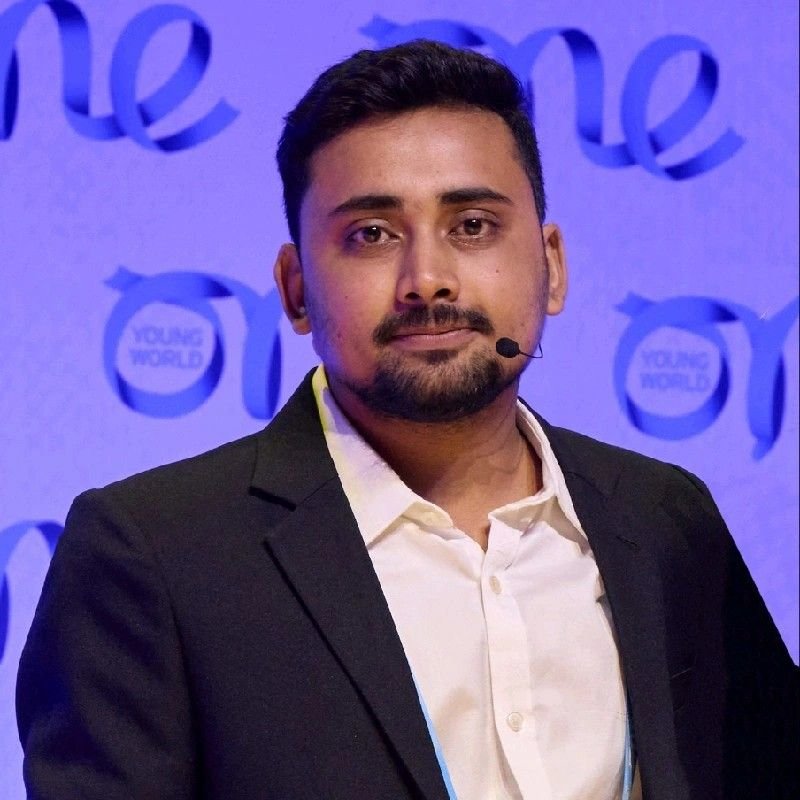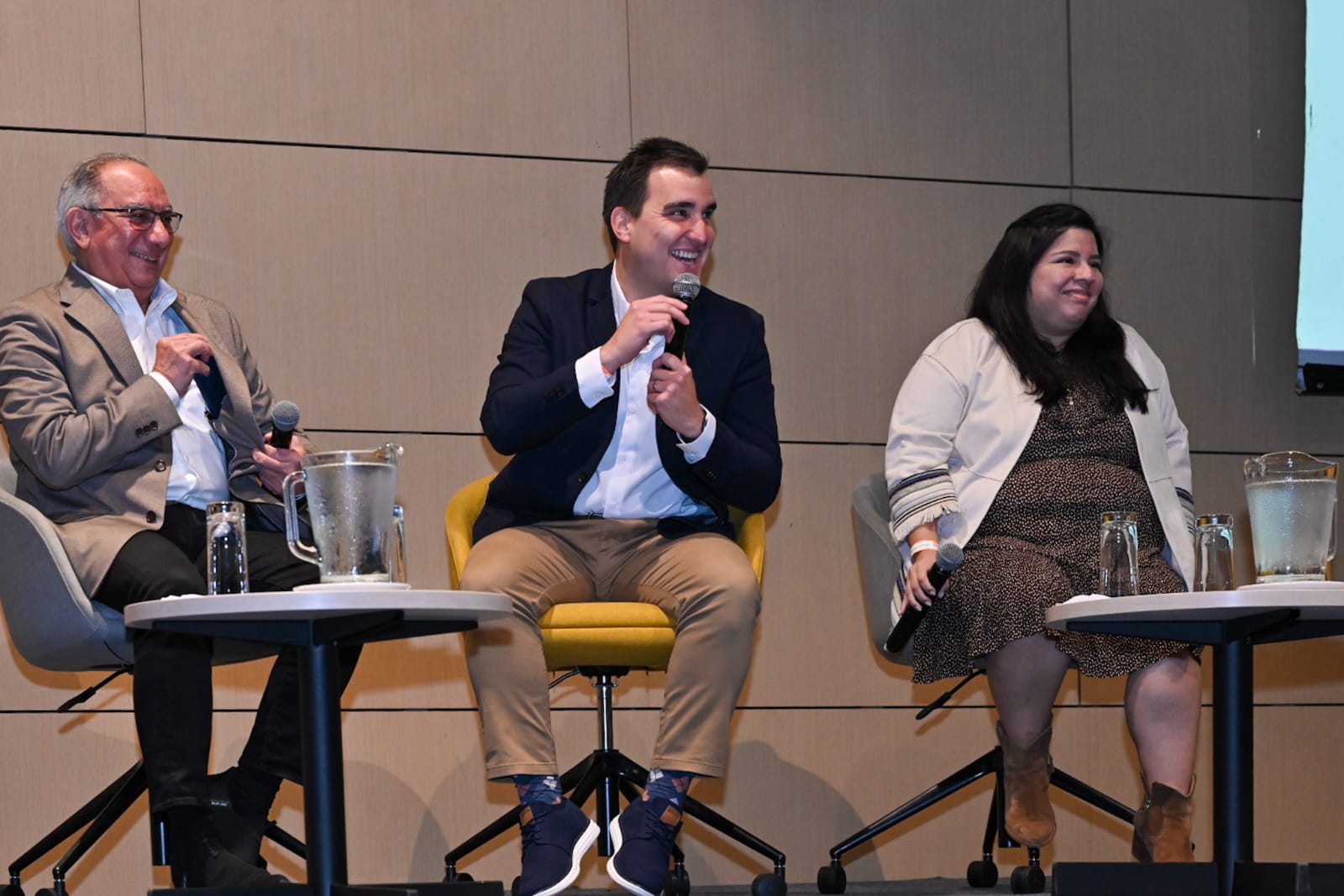With the Tavistock Institute of Human Relations and the Center for Healthy Minds providing research and methodology support, we sought to work with these eight organizations to develop an effective framework to support organizational wellbeing in a participatory way, based on empirical evidence.
The learnings from these eight social organizations can be useful for organizations in other sectors, both public and private, as they share a common message: the wellbeing of the employees of any organization leads to their improved performance and, therefore, the improved performance of the organizations and the ecosystem that surrounds them. In short: wellbeing inspires welldoing.
But how can organizations create a culture of wellbeing? I shared three key learnings from OEP with changemakers in Bogota:
1. Create your own definition and vision of wellbeing.
Defining organizational wellbeing can be very different for one organization than for another, as well as at the individual level. For this reason, it is relevant to make a definition in a participatory way with all or most of those involved. This means it will be a slow, long-term process, with a long-term strategic vision, according to the challenges, objectives and environment of each organization.
2. Take small steps – they go far.
In this way, it is necessary to focus on a few first and small actions to advance little by little in a work plan that evidences progress and reinforces the evolution of the organization. The idea is that, when making strategic decisions, the needs of the people involved at all levels in the organization are considered.
3. Find the “middle way”.
Sometimes, an organization is focused solely on achieving its mission and goals. At the other extreme, there is the possibility of being too focused on people’s well-being. Organizations that are very focused on their mission often have high staff turnover, low levels of commitment, hypersensitivity to organizational maladjustment, and a high frequency of cases with extreme burnout. At the other extreme, in those too focused on people’s wellbeing, there is difficulty in achieving the organization’s mission, individual needs are constantly unsatisfied, their responsibilities are unclear and their energy is consumed in unnecessary tasks.
A third way, a middle way, is made up of an environment where people are guided by the mission and structure of the organization, their individual skills and competencies are clearly identified, the responsibilities of their roles are clear, and they are recognized for their professional contributions.
The Bottom Line
Through the OEP research, we learned that generating organizational wellbeing capacity is a four-step change management process:
Defining objectives,
Co-creating them with all members,
Implementing, and
And constantly learning.
It is a slow process, without quick solutions or a linear approach. What is most important is the direction of changes rather than the immediate results. Leadership by example is also important, and we saw three fundamental factors in generating organizational wellbeing capacity: Leadership, Communication and Growth Mindset.
And the final piece of the puzzle? These eight social organizations found that developing their wellbeing capacity was less expensive than not doing so.
As one of the participants of The Wellbeing Project’s Inner Development Program said, “If you don’t have wellbeing in your staff, how can you provide wellbeing in your community? No one can give what they don’t have.”
The same is true for your organization. Whether you work in a non-profit, a business, or any other type of organization, the message can be the same:
Wellbeing Inspires Welldoing: if we are well, we’ll do it better.


